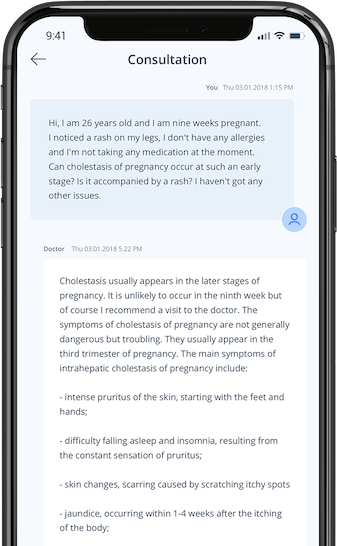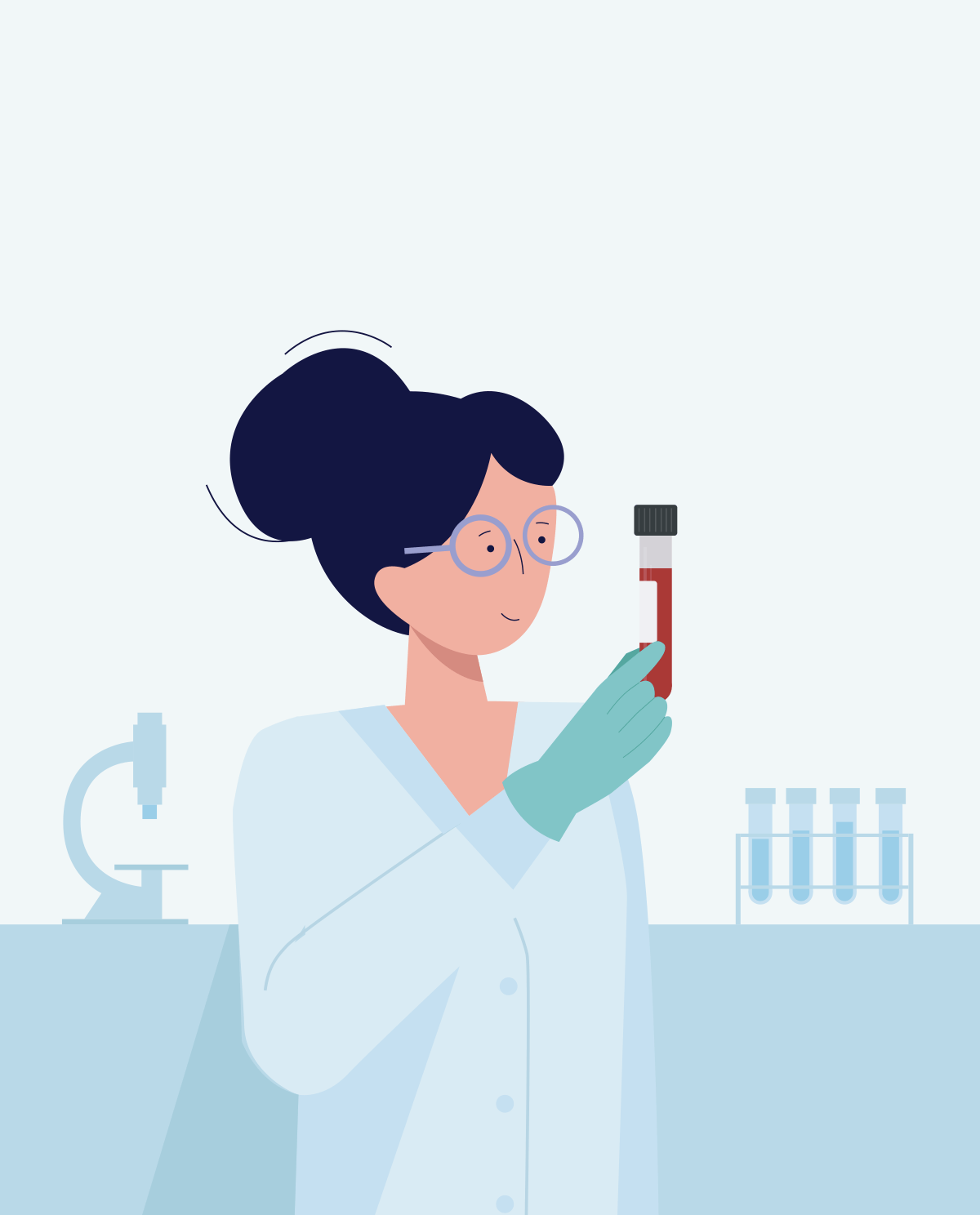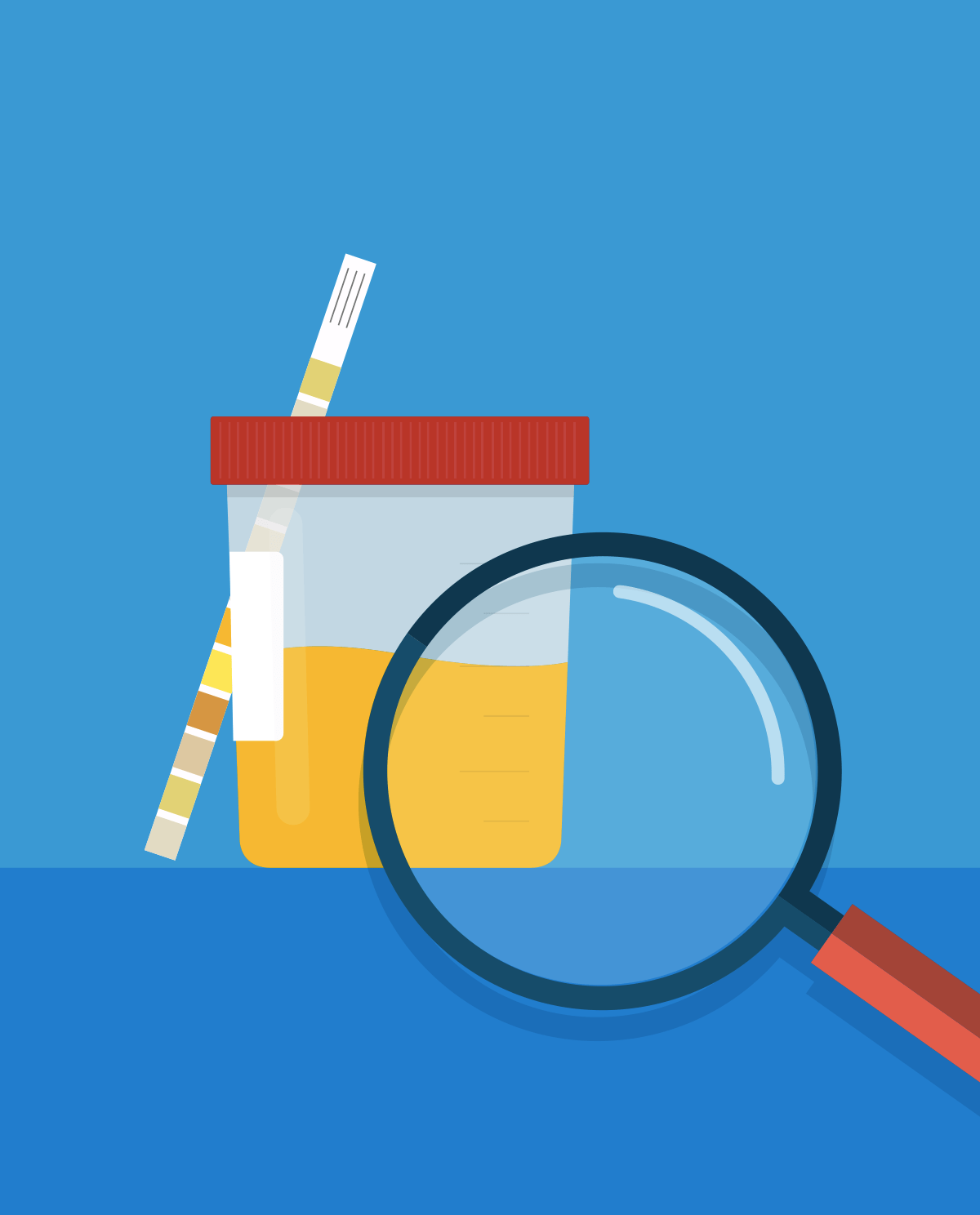TSH is a glycoprotein hormone that is synthesized and released by the anterior pituitary gland. Thyrotropin is responsible for the increase of thyroid mass, increase in blood flow through this organ and the increase in the production and secretion of thyroid hormones: thyroxine (T4) and triiodothyronine (T3). TSH also affects the body's iodine metabolism.
Regulation of the secretion of TSH is based on negative feedback with thyroid hormones. The reason for this is that if the concentration of thyroid hormones are too low, this causes an increase in TSH, while too much of thyroxine and triiodothyronine inhibits the production of thyrotropin.
The secretion of TSH is also inhibited by somatostatin and dopamine, while it is stimulated by thyroliberin and stress or cold.
The correct amount of thyrotropin hormone should be analyzed according to the norms for the appropriate age, sex, current and past diseases, body weight, ailments, medications and the value of thyroid hormones and the potential presence of antibodies.
The scope of TSH and fT4 standards for children and adults
Table 1. The range of TSH and fT4 standards for children according to Fisher et al.
| Age | TSH reference intervals [μIU/l] |
Reference intervals fT4 [pmol/l (ng/dl)] |
|---|---|---|
| immediately after birth (delivery on time) | 1,3–19 | 10–22 (0.8–1.9) |
| 3 days | 1.1–17 | 22–49 (1.8–4.1) |
| 10 weeks | 0.6–10 | 9–21 (0.8–1.7) |
| 14 months | 0.4–7,0 | 8–17 (0.6–1.4) |
| 5 years | 0.4–6.0 | 9–20 (0.8–1.7) |
| 14 years | 0.4–5.0 | 8–17 (0.6–1.4) |
| adult* | 0.4–4.0 | 9–22 (0.8–1.8) |
* according to the recommendations of the National Consultant in the field of endocrinology, the suggested value of TSH for adults is about 3 μUU / ml as the upper limit of the norm;
* in the elderly (> 80 years): 0.4-10 μIU / ml (provided that fT3 and fT4 are normal).
The scope of TSH standards in menstruating and pregnant women
Table 2. Recommended TSH values for women
| Physiological condition | Recommended TSH [μIU/l] |
|---|---|
| Menstruating woman | <2.5 |
| A woman planning to get pregnant | <2.0 |
| 1. trimester* | 0.01-2.32 |
| 2. trimester* | 0.10-2.35 |
| 3. trimester* | 0.10-2.65. |
* according to the recommendations of PTT, PTE, PTG
Recommended TSH values in selected clinical situations:
- after thyroid surgery due to non-cancerous disease j - TSH oscillating around 1.0 μIU / ml is most preferred;
- after surgery for thyroid cancer - it is necessary for at least 5 years after surgery to keep TSH below normal, usually between 0.1-0.3 μIU / ml or lower;
- in cardiac diseases - it's crucial to prevent TSH levels from being too low;
- in people with pituitary insufficiency - TSH is always low (usually unminered - about 0.001 μIU / ml), then the treatment is modified on the basis of fT3 and fT4 values.
- Interna Szczeklika 2018 Handbook of Internal Diseases Authors: Piotr Gajewski, Andrzej Szczeklik Publisher: Medycyna Praktyczna
- http://www.mp.pl
- https://www.mp.pl/pacjent/
- https://www.mp.pl/pacjent/endokrynologia/badania/98800,hormon-tyreotropowy-tsh
- https://doktormagda.pl/2017/04/normy-tsh-co-dla-kogo-i-kiedy.html
- http://www.endokrynologia.net
- https://doktormagda.pl/2017/07/normy-tsh-dla-dzieci.html
- http://www.czytelniamedyczna.pl/2806,postpy-w-laboratoryjnej-diagnostyce-czynnoci-tarczycy.html








